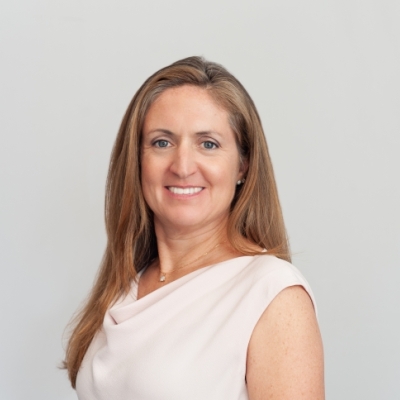Keeping up with up with the inaccuracies and distortions in the Common Core debate can sometimes feel like the classic arcade game Whack-a-Mole. As soon as you finishing knocking down one half-truth or mischaracterization, another pops up somewhere else. Publishers have, for instance, scrambled to claim alignment when none exists or to actively co-opt the standards for their own ends. Now political ideologues have gotten into the game, adding a whole new level of difficulty.
 Correcting inaccuracies about the Common Core is like playing Whack-A-Mole—only less fun. Photo by Julia Rubinic. |
The political opponents of the Common Core—like the self-interested publishers and consultants—are quick to make broad and often inaccurate claims about the new standards. Though their intent is different, the impact may be equally damaging, particularly since they hope to bury the standards entirely, not just make a buck off the coming wave of CCSS implementation. The great irony, though, is that, by pitching the Common Core as something that it isn’t, CCSS opponents may inadvertently end up promoting exactly the kind of content-less, skills-driven instruction that they claim to be fighting against.
Take, for example, Phyllis Schlafly. Godmother of the modern conservative advocacy movement, Schlafly burst onto the scene in the 1970s with her successful campaign to stop the Equal Rights Amendment (ERA). She not only helped halt the ERA it in its tracks—at a time when most political commentators considered it a done deal—but actually got five states that had ratified the amendment to roll back their votes. Sound familiar?
Now her ire is aimed at Obama, and she is using some (fairly weak) anti-Common Core ammunition to try to undermine his bid for reelection. To that end, Schlafly's latest piece, posted last week to Townhall.com, begins as a familiar warning of federal overreach, but ends with a sea of misconceptions and misrepresentations about the standards themselves. She argues, for instance, that:
Many parents will recognize the math standards as “Fuzzy Math,” i.e., teaching very little arithmetic or standard algorithms, and class time wasted in having kids describe how they got their answers instead of teaching them the best way to get correct answers.
Never mind that the CCSS explicitly require fluency with addition, subtraction, multiplication, and division using the standard algorithms. Or that the standards unambiguously prioritize arithmetic in the early grades. In fact, contrary to what Schlafly claims, standards covering arithmetic account for well over half of all expectations in elementary school. But nevermind such trifles: There are standards to undermine!
Schlafly’s critique no doubt arises from the existence of “mathematical practices,” which are effectively a list of eight overarching skills included in the standards. But the document makes it clear that these practices must be connected to the math content outlined in the standards. More than that, the practices are given comparatively very little attention. A thorough read of the CCSS-M makes it clear that deep content mastery comes first and leads to mastery of the skills outlined in the practices, not the other way around.
It would be funny if it weren’t all so serious.
On the ELA side, Schlafly is on equally weak ground when she argues that the “English and literature standards are worse because they omit traditional and classical literature, confine kids to boring informational readings such as instruction manuals, and fail to teach cursive writing.”
On the contrary, even Mark Bauerlein—the co-author of the recent Pioneer Institute report blasting the Common Core ELA standards—acknowledges that the Common Core gives us an opportunity to return classic literature to its rightful place in literature classrooms. “The states that have adopted Common Core,” Bauerlein asserts, “have to observe the standards, and so the high school English classroom will thus preserve Hawthorne, Irving, Melville, Whitman and other authors who don’t match the PC mentality.”
Yes, the CCSS put a greater emphasis on informational text and literary nonfiction across all subjects. It emphatically does not ask literature teachers to abandon Shakespeare and Twain for bus schedules and task passages. (And lamenting the exclusion of cursive writing seems curious, particularly since I don't know of a state that assessed student mastery of cursive prior to the CCSS.)
It would be funny if it weren’t all so serious. These relentless distortions and attacks are reshaping a popular reform into an ideological fight, one that supporters are ill-equipped to win. What Schlafly lacks in understanding of the standards themselves she makes up for in political savvy and persistence. Supporters of Common Core will need to redouble their efforts to knock down these distortions if they hope to win.
